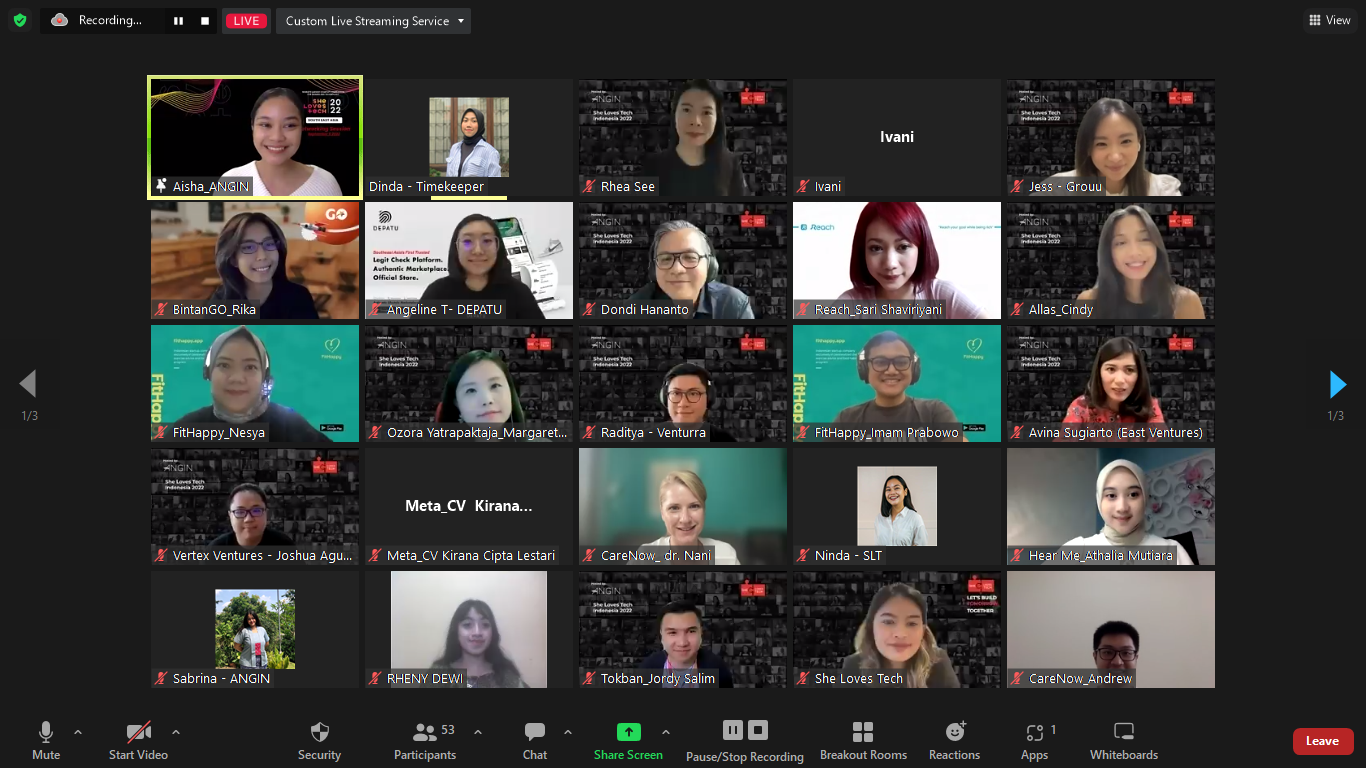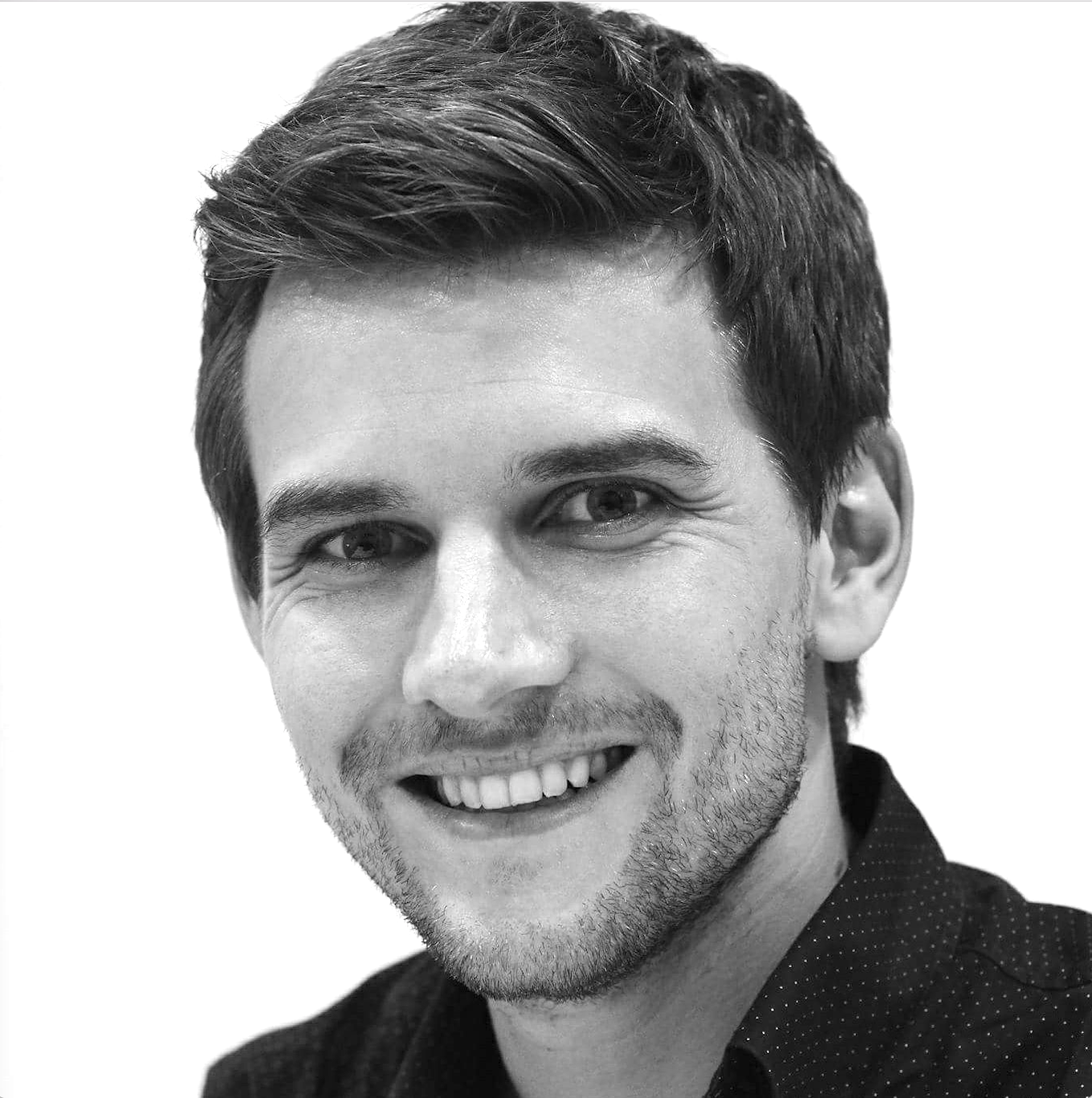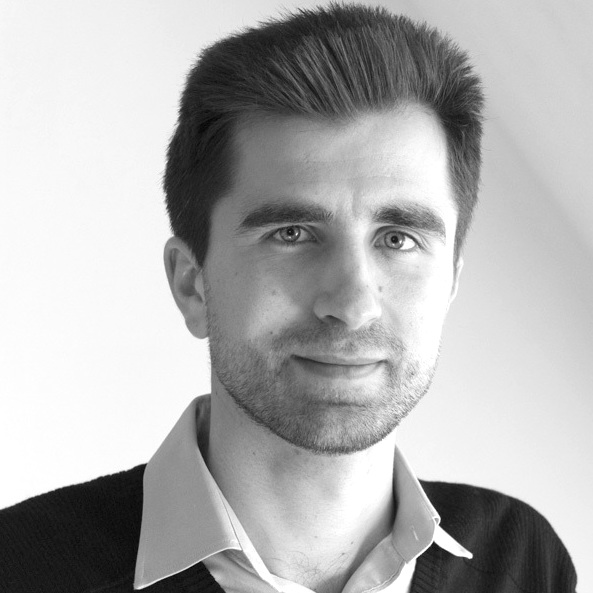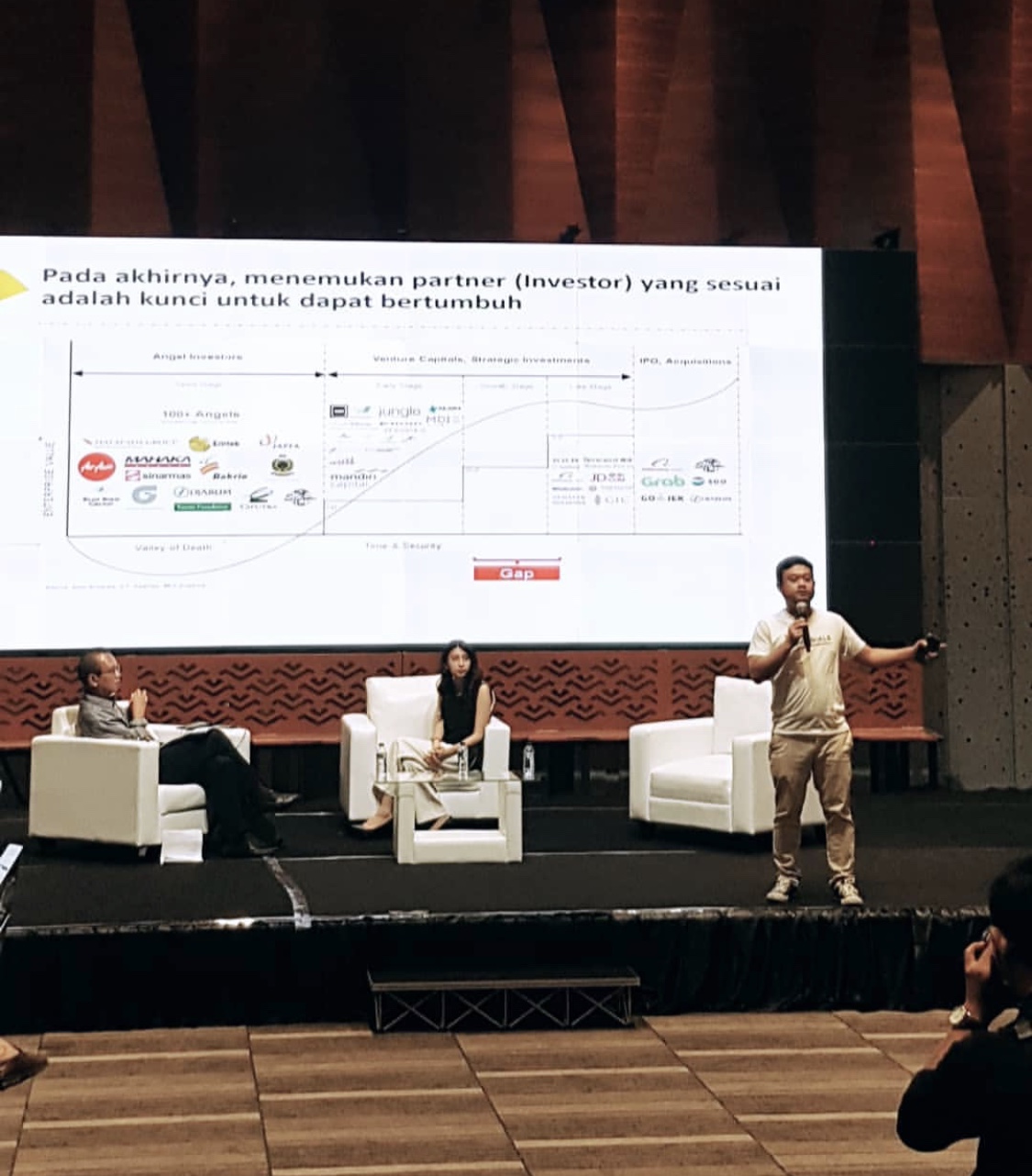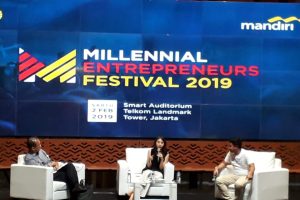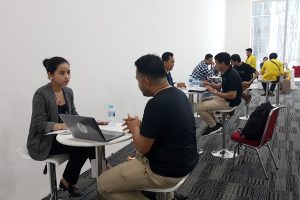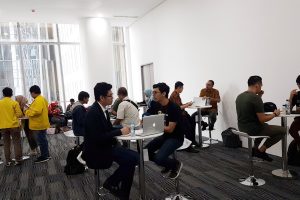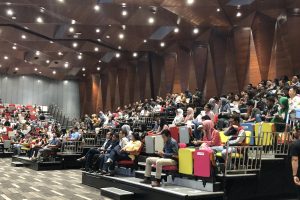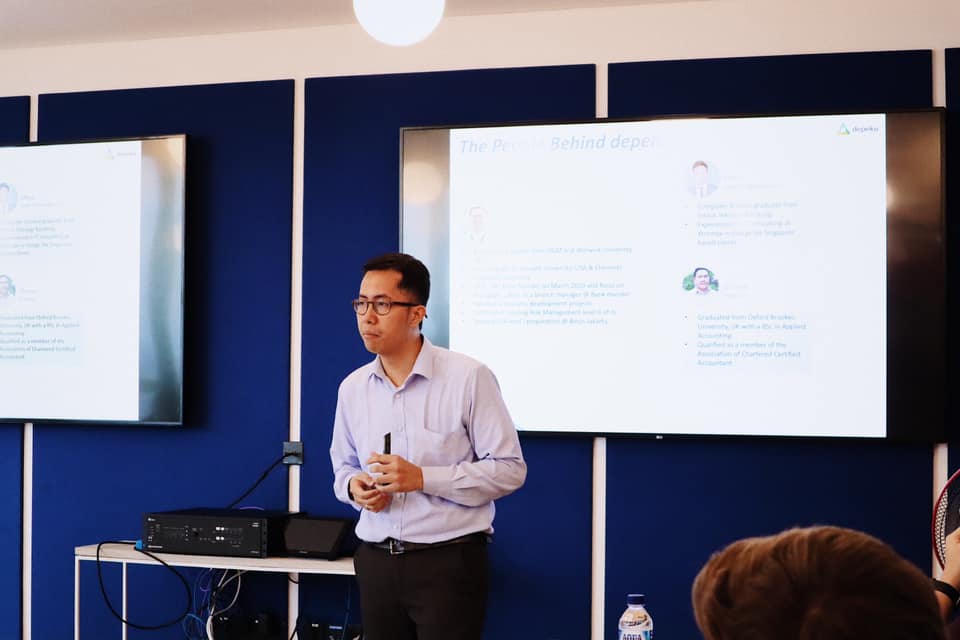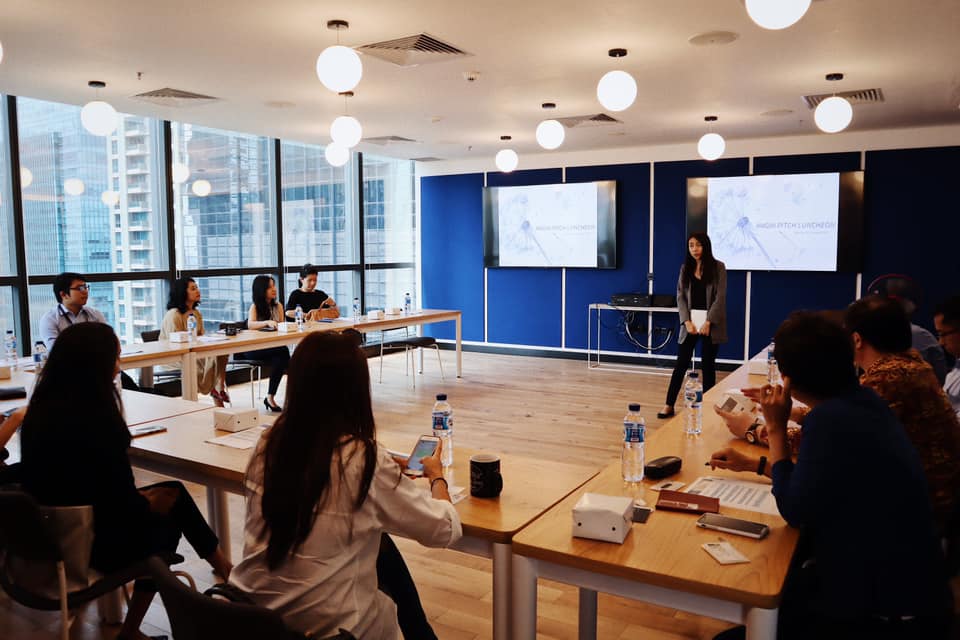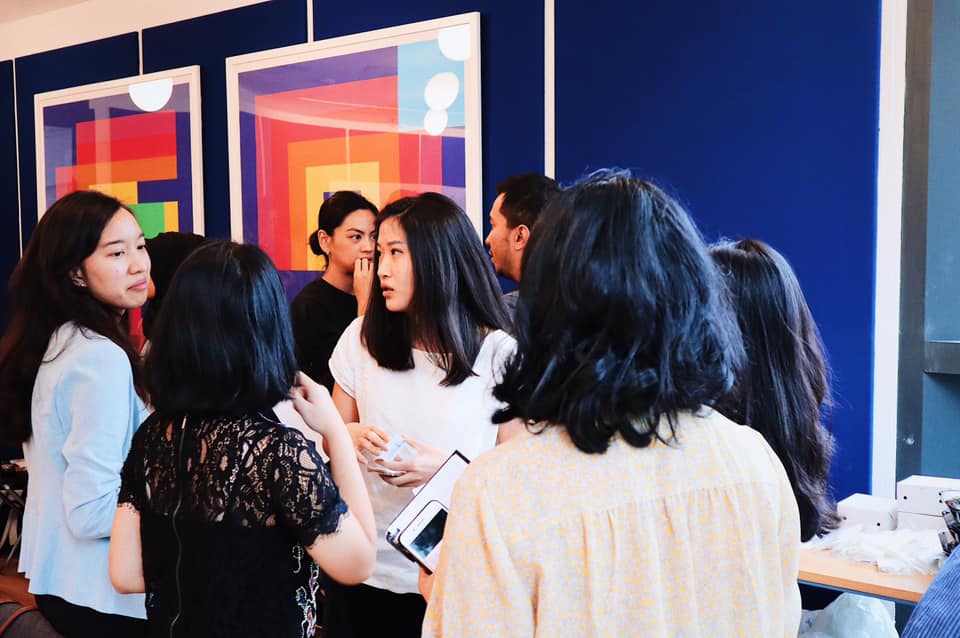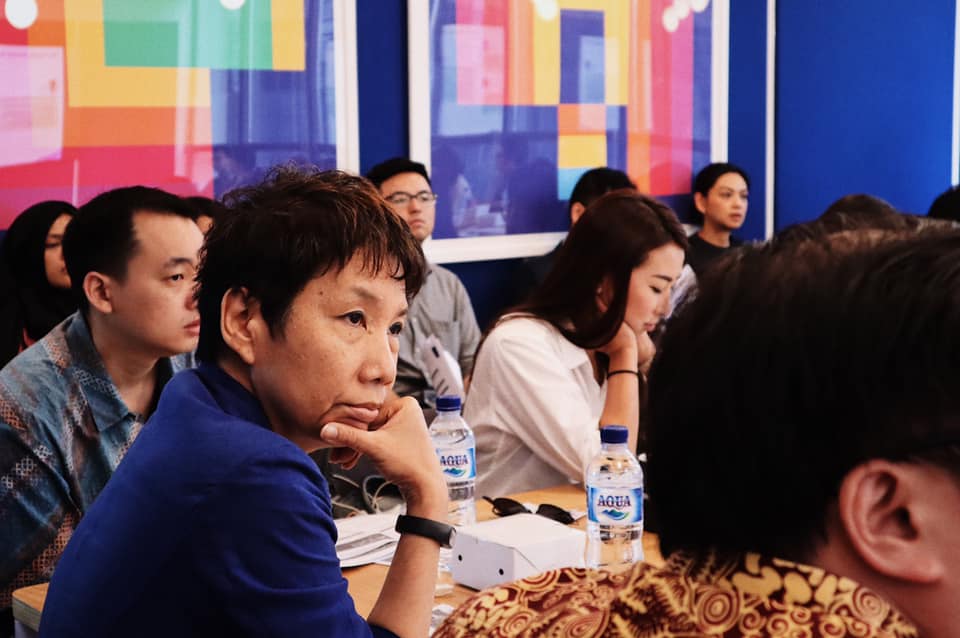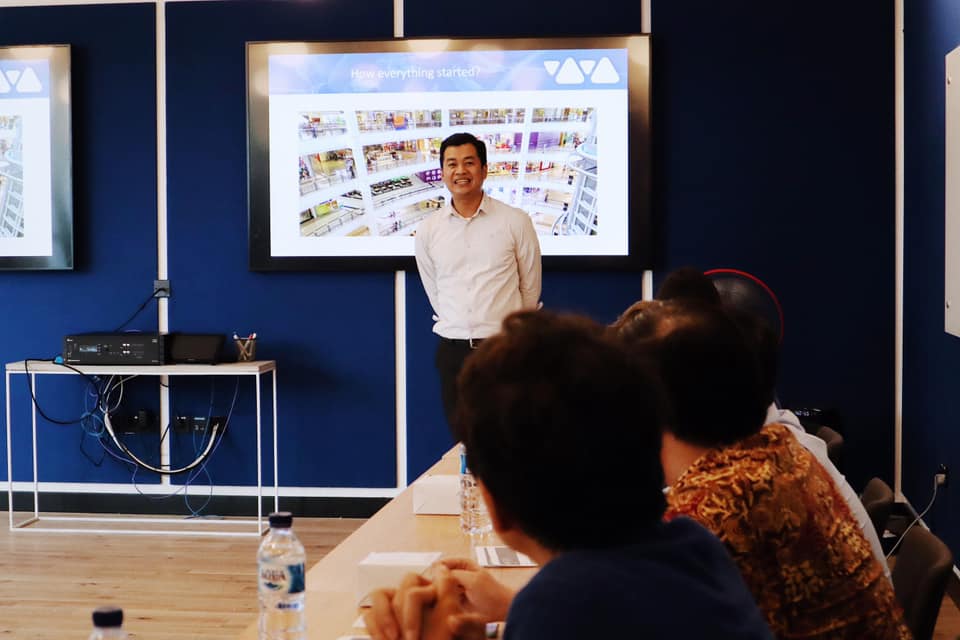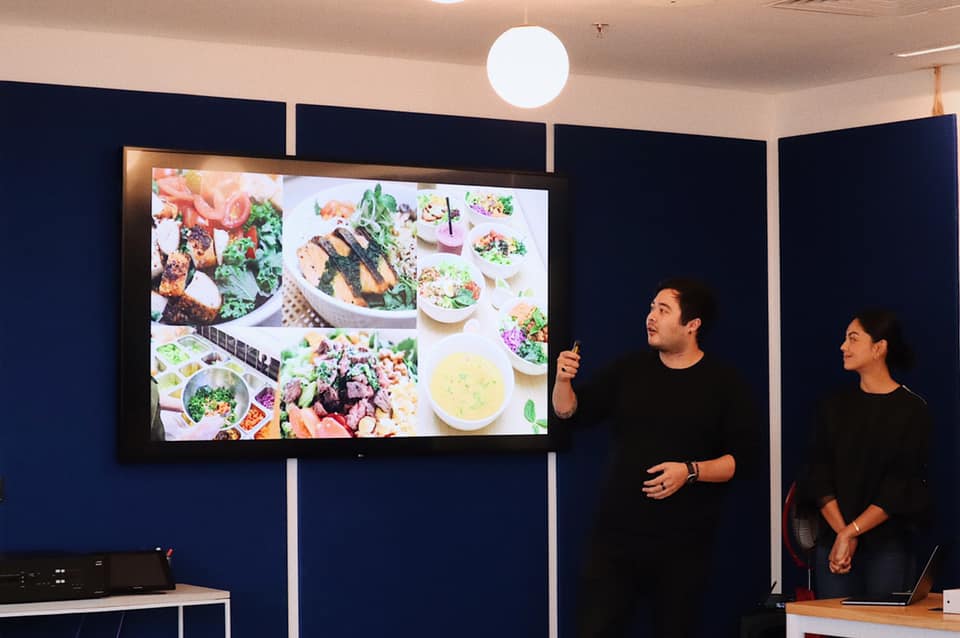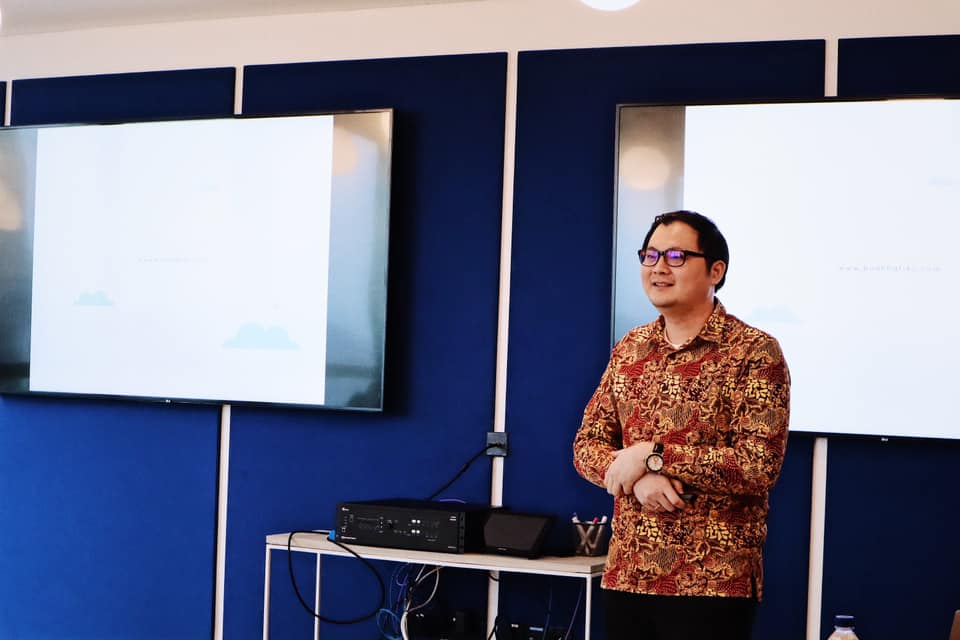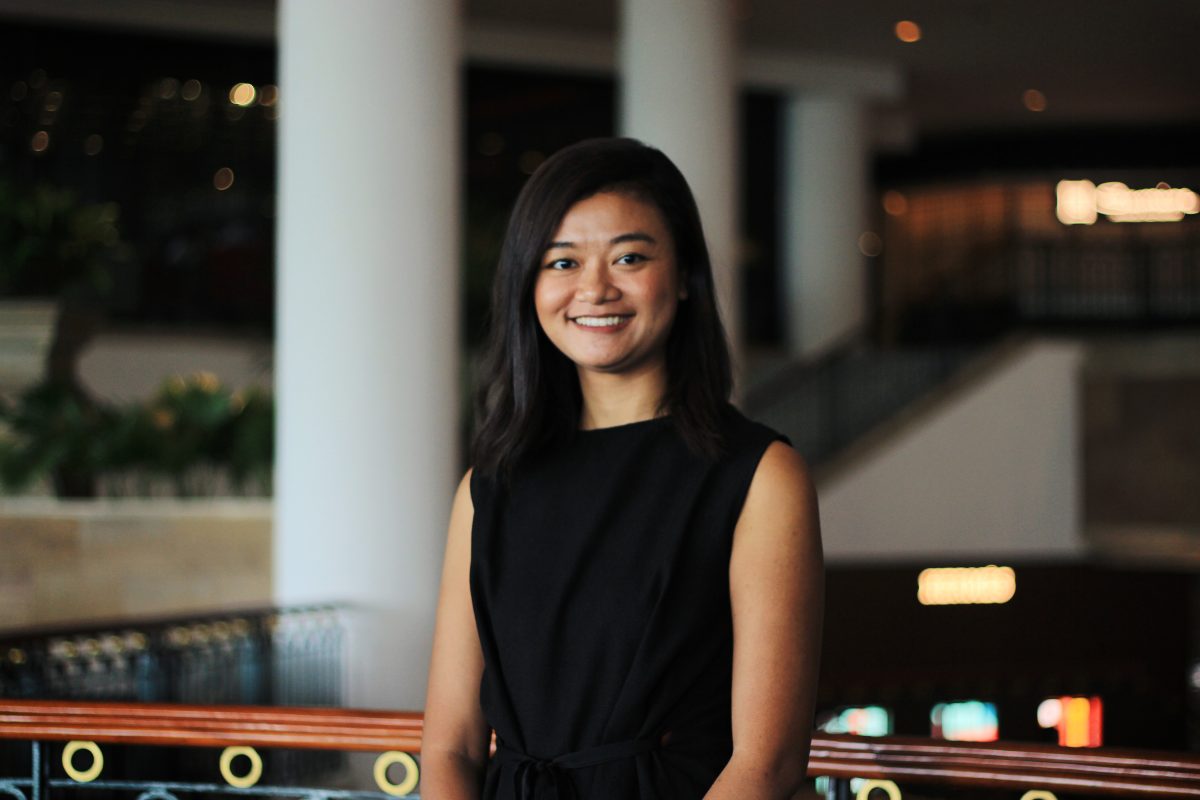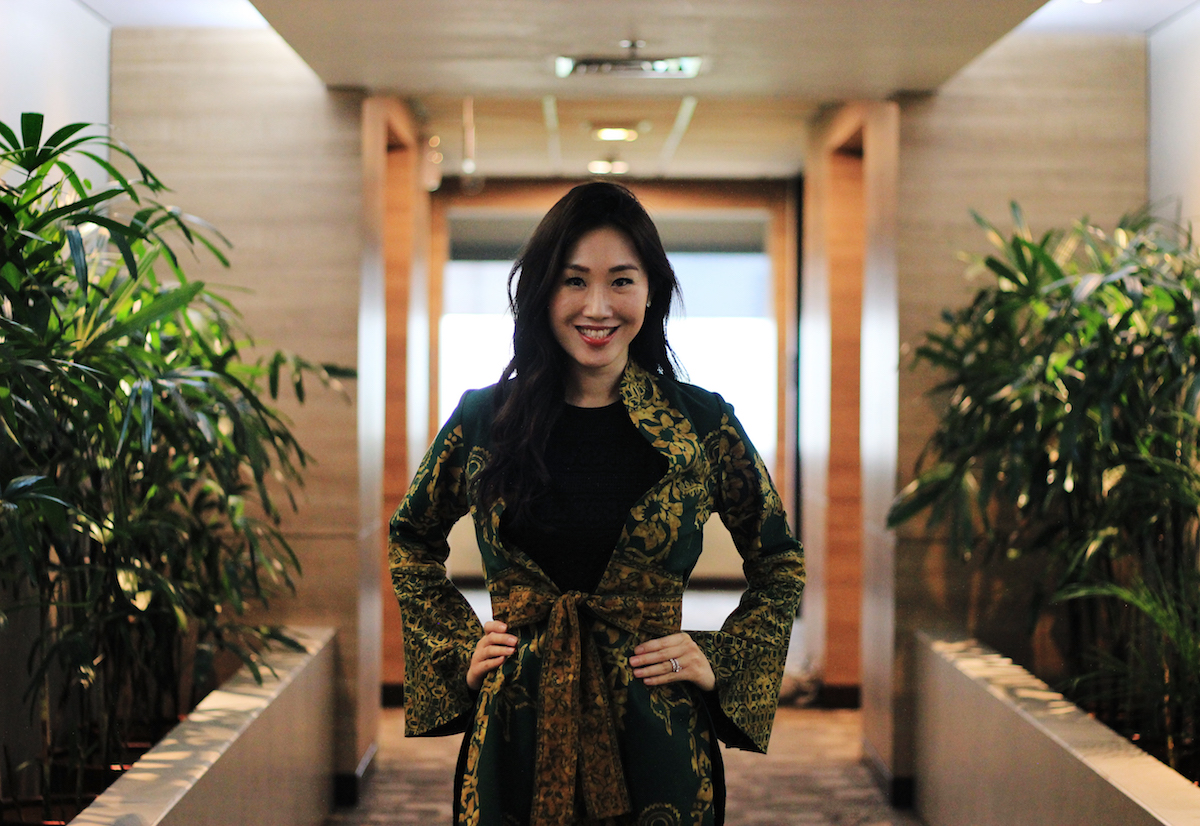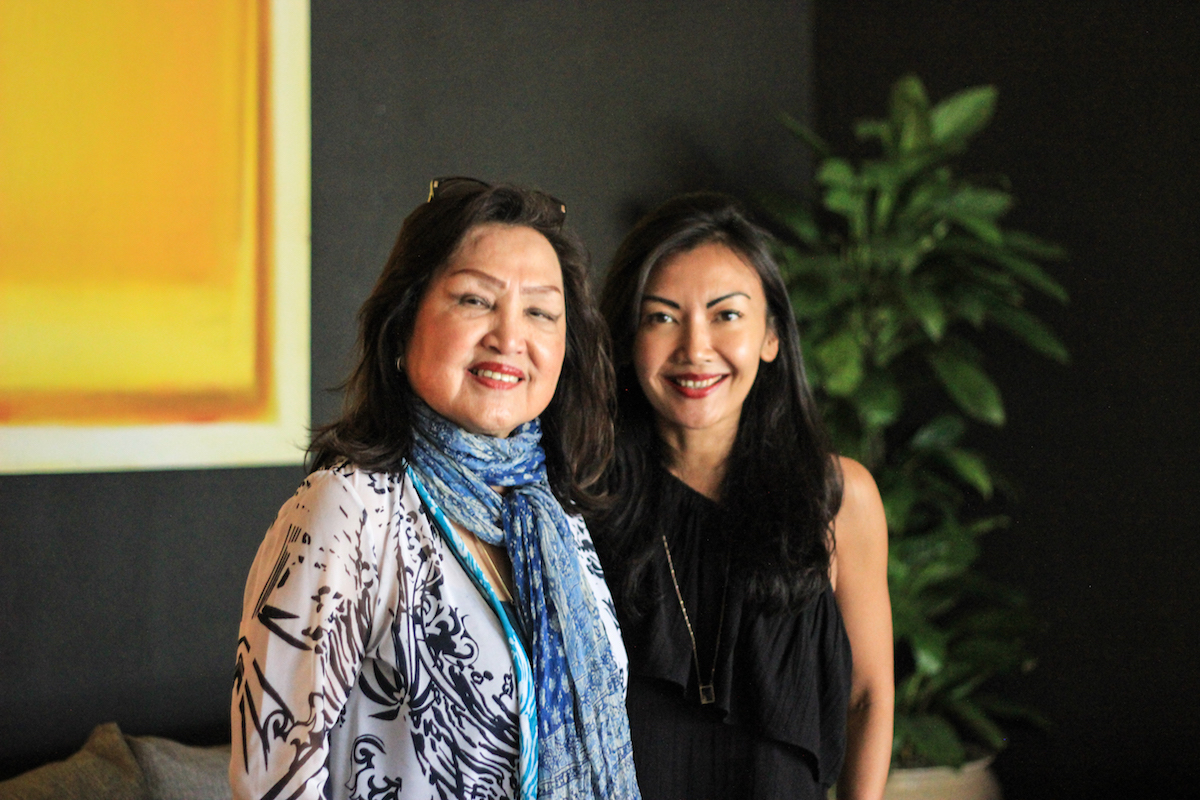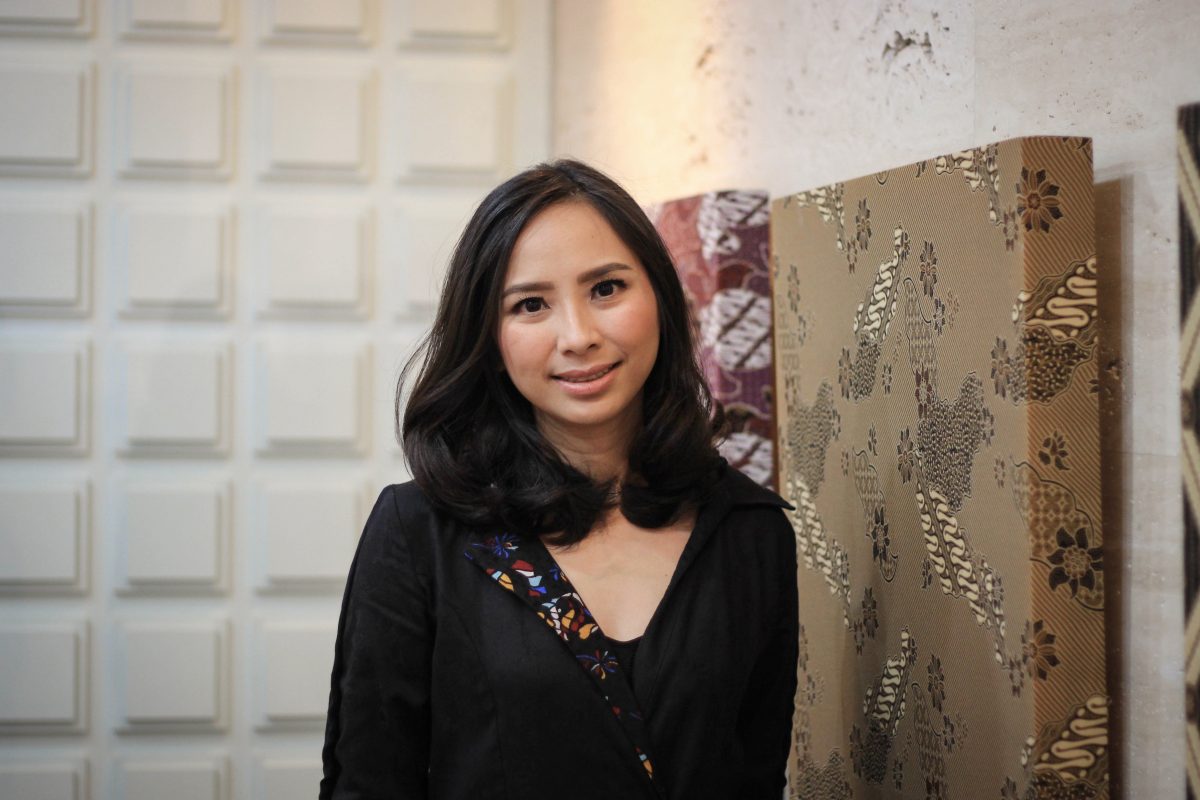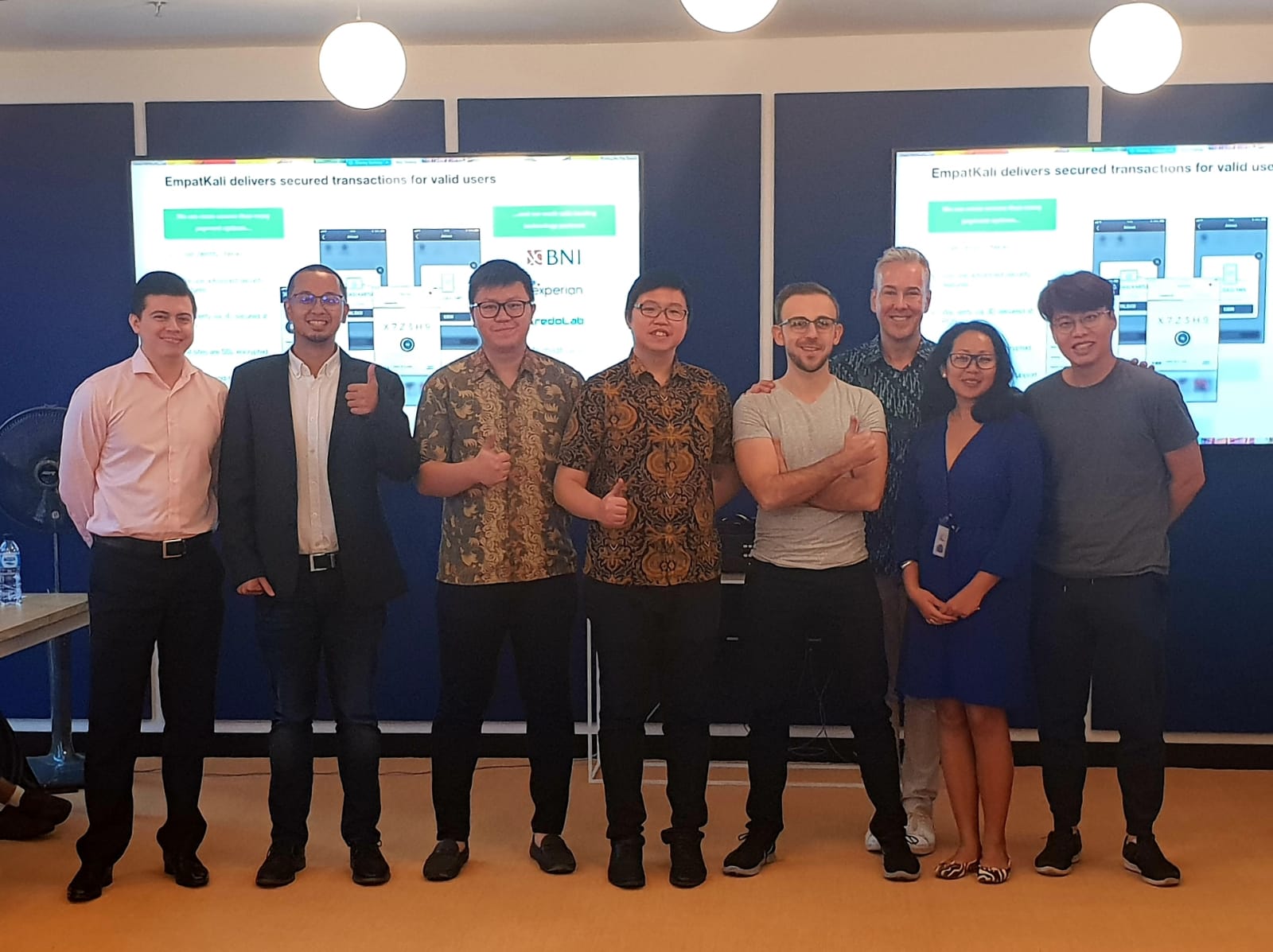JAKARTA – September 10, 2022, was marked as the Final Pitch Day and also the final event of She Loves Tech Indonesia 2022. The event was held virtually and showed impressive pitches of Indonesia’s Top 8 Finalists and great enthusiasm from the audience!
BintanGo has been announced as the winner of this year’s She Loves Tech Indonesia competition and will continue to represent Indonesia to pitch at the global finals during the She Loves Tech Global Conference in November, while CareNow Indonesia and Tokban came in second and third respectively.
Honorable Mentions for 2022 Finalists Include:
Allas, Depatu, FitHappy, Hear Me, Reach
This year’s competition attracted a record number of applicants, with over 80+ female founding/female consumers tech startups applying from all across Indonesia. Only a total of 8 teams were shortlisted to enter the challenging She Loves Tech program to refine their business offering, including perfecting their value proposition and pitch.
She Loves Tech Indonesia 2022 finalists participated in several activities, such as training supported by Plug and Play Indonesia, mentoring activities with expert mentors from top VCs, and global events aimed to connect Startups in the SEA region, to pitch activities or the highlight of this program.
The startup scene in Indonesia has been flourishing over the last years, and She Loves Tech, the world’s largest startup competition for women and technology, seeks out and accelerates the best entrepreneurs and technology for transformative impact, including in Indonesia. As a long-term organizing partner, ANGIN is again the main local partner of She Loves Tech Indonesia this year.
“She Loves Tech is a global community, we welcome you, whether you’re a startup, investor, corporate, or simply just someone who’s a tech enthusiast.” Says Rhea See, Co-CEO and Co-Founder of She Loves Tech.
She Loves Tech is designed to give the world’s most promising women tech entrepreneurs and women impact startups a unique opportunity to showcase their businesses to a global audience of investors and influencers. The 2022 series kicks off with 70+ rounds across the world before culminating in a high-level boot camp, global finals and conference.
Honorable Mentions
She Loves Tech Indonesia 2022 couldn’t be successfully executed without the help and support from our esteemed judges, mentors, and local community partners! Sending our sincere gratitude to:
Organizing Team & Main Local Partner:
Event Partner:
Judges:
Avina Sugiarto – Partner, East Ventures
Dondi Hananto – Partner, Patamar Capital
Joshua Agusta – Executive Director, Vertex Ventures
Margaret Srijaya – Founding Partner, Ozora Yatrapaktaja
Raditya Pramana – Partner, Venturra Discovery
Mentors:
Aghnia Bahat (SIAP), Aparna Saxena (TORAJAMELO), Bianca Widjaja (BRI Ventures), Erieka Kosasih (AC Ventures), Faye V. Arif (Venturra Capital), Khush Topandasani (Vertex Ventures), Nathasya Budidjaja (MDI Ventures), Reza Birowo (Kejora Capital)
Local Community Partners:
AVPN Indonesia, Block71 Indonesia, Campaign.com, DailySocial, Ecoxyztem, Glints, Instellar, Jabar Digital Service, New Energy Nexus, Plug and Play Indonesia, SIAP, Stellar Women, The Greater Hub SBM ITB, Venturra, WomenWorks, Xendit
About She Loves Tech
She Loves Tech is an international non-profit organization committed to closing the funding gap for women entrepreneurs, and building an ecosystem for technology, entrepreneurship and innovation that creates opportunities for women. We run the world’s largest startup competition for women and technology, seeking out and accelerating the best entrepreneurs and technology for transformative impact.
For media enquiries, please email media@shelovestech.org
